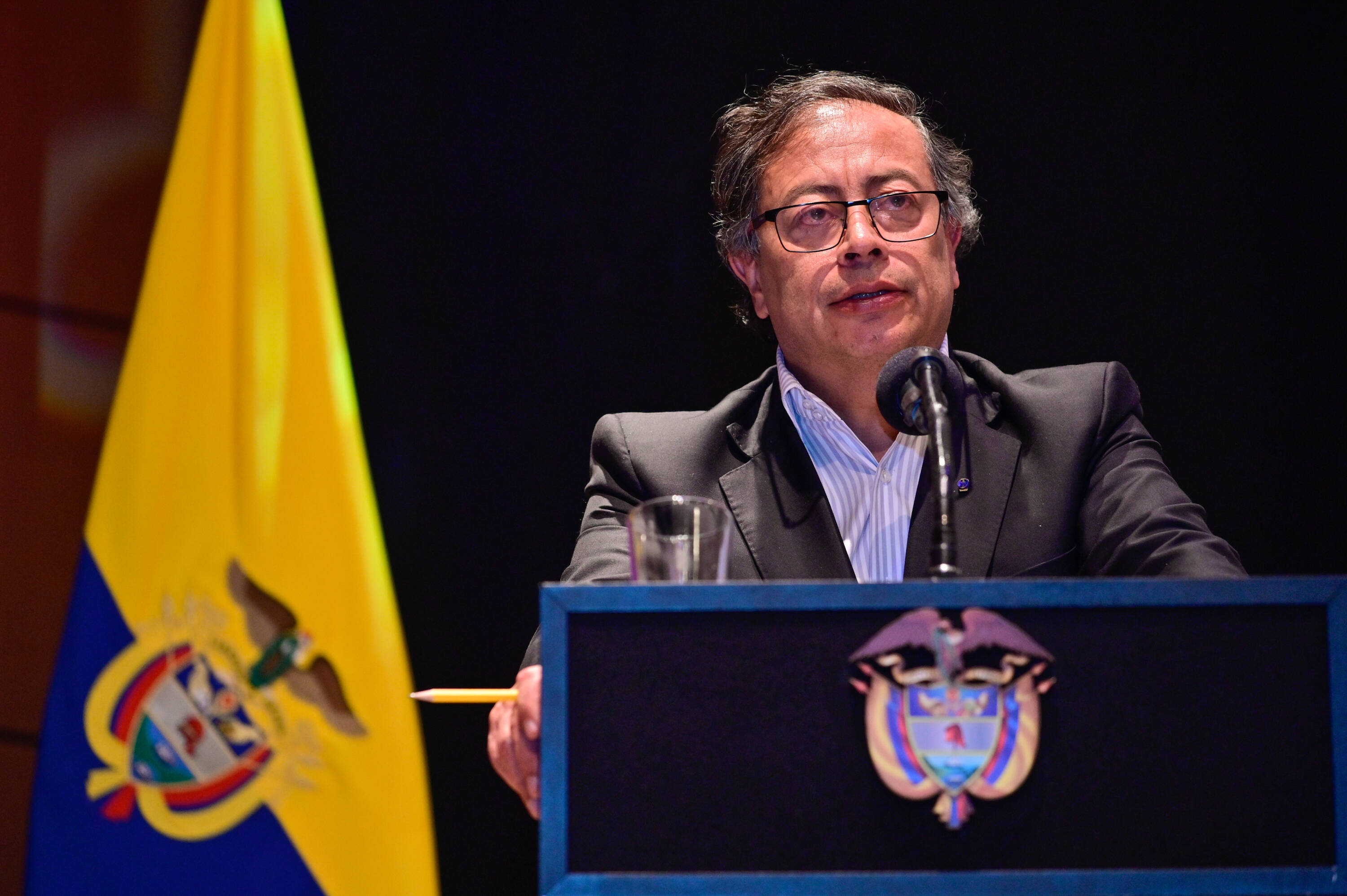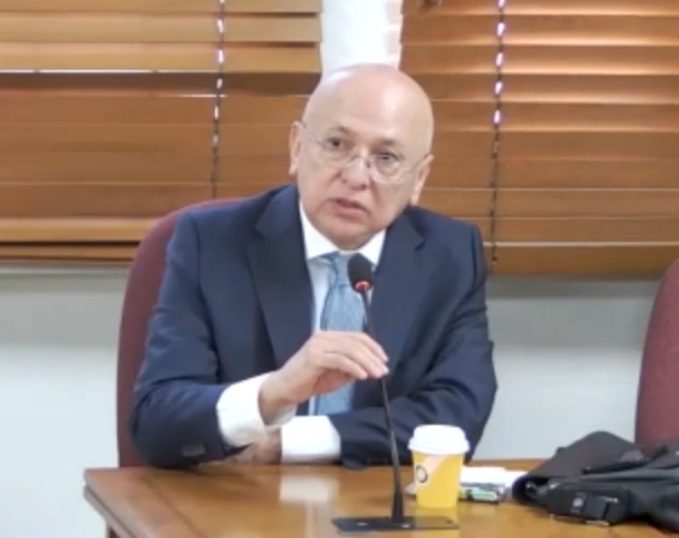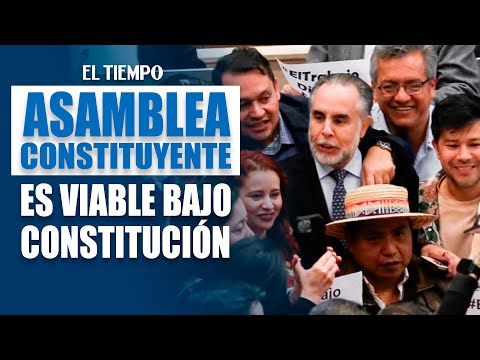Minister of Justice addressed the Constituent Assembly: "In March of next year, everyone will be able to vote yes or no."

Justice Minister Eduardo Montealegre stated on June 24 that in March 2026, "Colombians will be able to vote yes or no to a Constituent Assembly that will institutionally redesign the country."
The official referred to the current proposal by President Gustavo Petro, who announced a ballot to convene the body after repealing the referendum decree.
According to the president on his X account: "The constituent assembly has already been convened by the presidency. I believe that this convening is necessary; the participation of the people is necessary to change Colombia. We have just demonstrated this with the effects that the massive demonstration of the people had on their will and the will of Congress. Without the people, there is no social justice."

Gustavo Petro, President of Colombia. Photo: Presidency
And he added: "That's why a ballot will be issued to convene the National Constituent Assembly in the upcoming elections. I await the decision of millions so that the next government and Congress have the imperative mandate to build a social state of law, social justice, profound democracy with the people, and peace."
What did the Minister of Justice say? In recent statements, the Minister of Justice stated that "Colombia needs a new Constitution that allows for many social transformations that have not been achieved with the current Constitution."
And he added: "For that reason, in March of next year , all Colombians will be able to vote yes or no to a Constituent Assembly that will institutionally redesign the country."

Eduardo Montealegre provided details of the president's initiative. Photo: Private Archive
According to the official, the redesigns would be intended to "advance socially, to deepen equality, to deepen solidarity, and to advance social progress."
The official stated that the assembly "is a political event based on which we will create new legal norms to convene the Constituent Assembly within the framework of institutionality without any leaps into the void."
There is rejection of the Government's new initiative The initiative is strongly opposed by various sectors, including constitutional law experts, who consider it unnecessary because the Colombian Constitution offers citizens guarantees and rights.

President Gustavo Petro spoke again about the constituent assembly. Photo: Joel Gonzalez. Presidency
Furthermore, the convening of a national constituent assembly must be carried out by Congress and is not the responsibility of the Executive Branch.
However, the president asserted that now " a current political and legal discussion is underway " among his detractors, who say he has "no right to call the people together."
Petro's announcement about the Constituent Assembly, without further details, immediately sparked the first voices of rejection, among them that of the president of the Senate, the opposition Efraín Cepeda , who pointed out that only the legislative branch can propose the convening of a national constituent assembly.

The National Constituent Assembly that gave rise to the current Constitution. Photo: EL TIEMPO Archive
Although the Colombian Constitution provides for this mechanism as a means of reforming it, Article 376 establishes that a law must be approved by a majority in both chambers before submitting the decision to a popular vote.
*Last section with information from EFE

Experts analyze the outlook for the Constituent Assembly. Photo:
GERALDINE BAJONERO VASQUEZ
Journalist Latest News from EL TIEMPO
eltiempo





